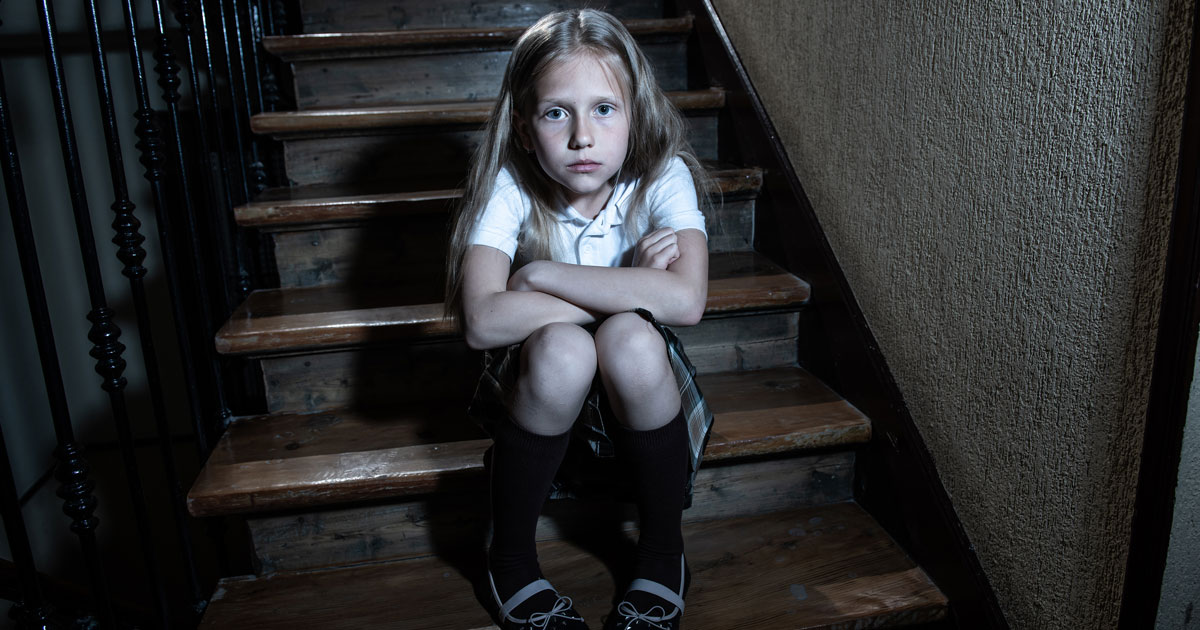Despite what happens in film and on television shows, children cannot be removed from their homes without reason. In fact, New Jersey has guidelines and protocols in place to ensure that any removal of a child from a household is done in accordance with the law. The only reason anyone from the New Jersey Division of Child Protection and Permanency (DCPP) can immediately remove a child from a home without a court order is if there is a threat of imminent danger.
Parents should understand these laws, especially if they had a child removed by the DCPP. If rules were not followed, the parents may be able to sue to regain legal custody of their children. On the other hand, parents should abide by any legal expectations following the removal of a child from the home to remain in good standing with the courts.
All Reports of Child Neglect or Abuse Must Be Investigated
When the DCPP learns of a child who is potentially in harm’s way, the agency must fulfill its duty to investigate the allegation. This means a case worker will contact the parents and conduct interviews with people involved in the child’s life, such as household members. The child may also be interviewed to provide feedback.
Parents who learn that they are being investigated by an assigned case worker may be hurt or angry but should work with agency personnel without interference. Trying to lock a case worker out of the house or taking the child to another town or state will put the parent in a negative light and may end in criminal charges.
Allegations of Abuse
One of the governing rules followed by the DCPP is that the name of the person who made an initial abuse or negligence report will not be revealed. This protects the identity of the reporter, although parents often feel it is unfair to them. Yet without this regulation in place, few people would feel confident in making a call about a family member, friend, or neighbor. Parents have the right to understand what they are being accused of. Their case worker should be able to share basic allegations without revealing names.
Case workers will make determinations on the veracity of abuse or neglect allegations after they have collected and evaluated information. Their determination will be unfounded or substantiated. If an allegation falls into the latter category, the case worker will take steps to set up a series of hearings. These court events may lead to the eventual removal of the child from the home, particularly if the parents cannot show that the case worker’s findings were inaccurate. However, courts often try to keep families together, if feasible, giving parents the opportunity to work with professionals to develop a plan for safely living together.
New Jersey DCPP Lawyers at the Law Offices of Theodore J. Baker Assist Parents Whose Children were Removed from the Home
If an allegation of child abuse or neglect was made against you, contact a New Jersey DCPP lawyer at the Law Offices of Theodore J. Baker. We will review your case and offer the next best steps. For an initial consultation, contact us online or call us at 856-795-9400. Located in Cherry Hill, New Jersey, we represent clients throughout South Jersey, including Moorestown, Mount Laurel, Voorhees, Medford, Marlton, and Haddonfield.










